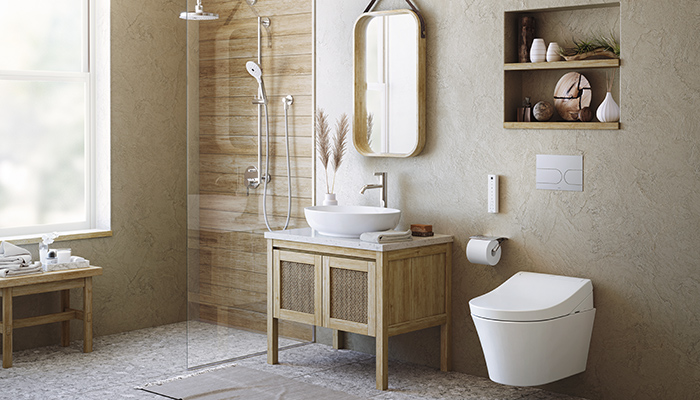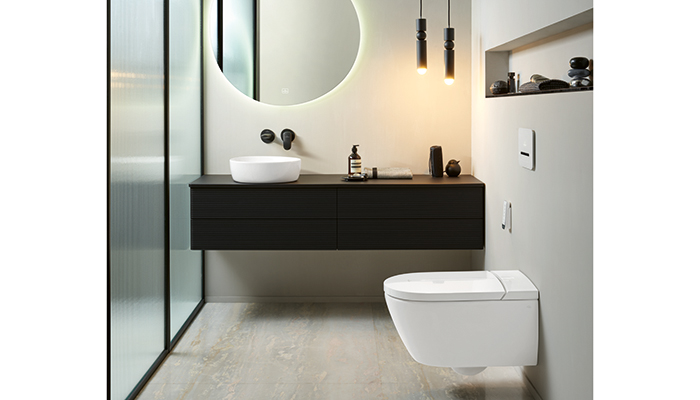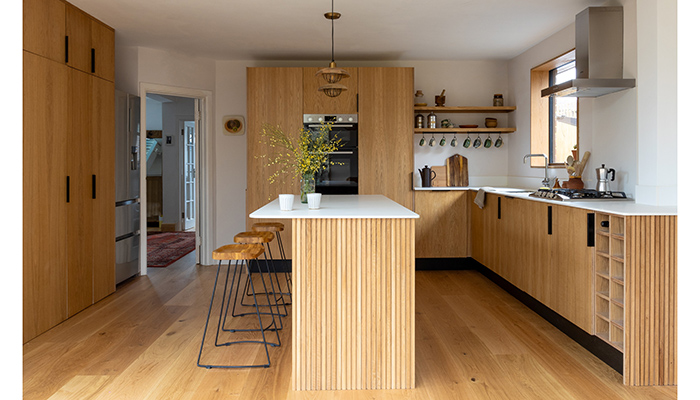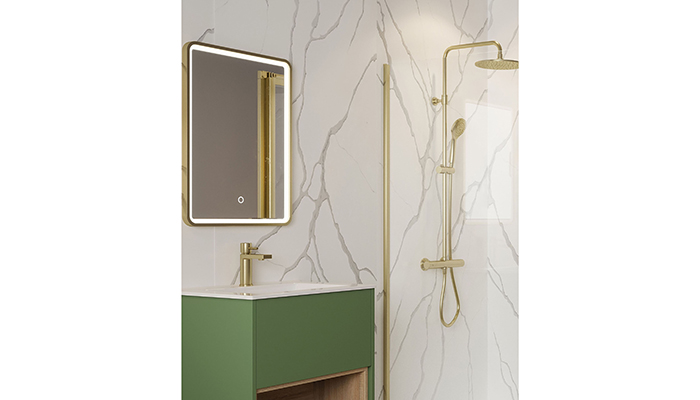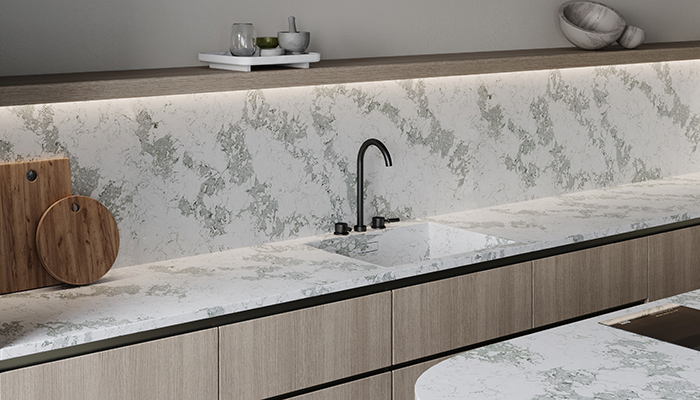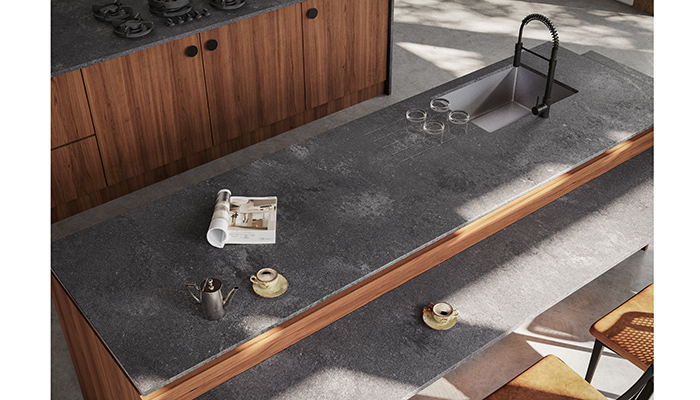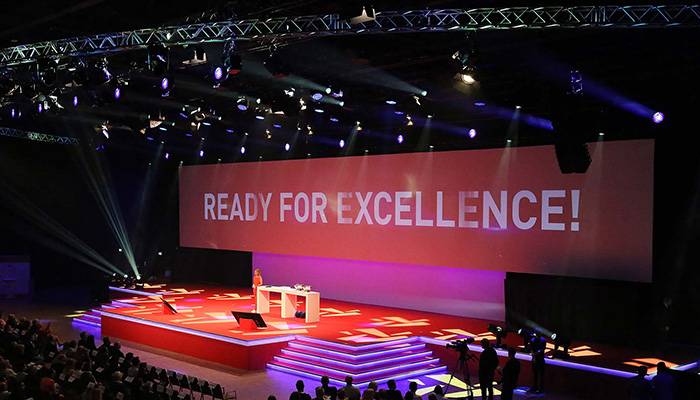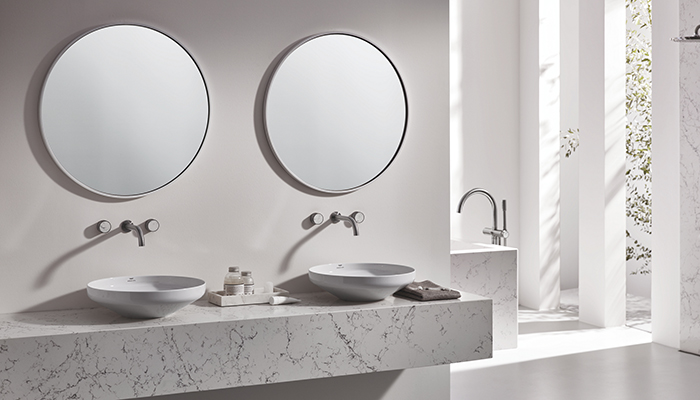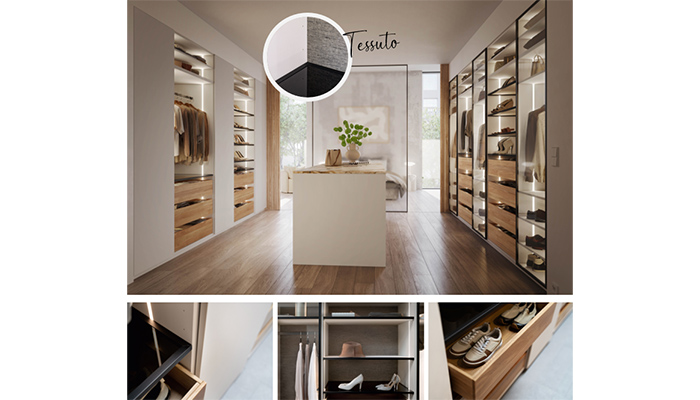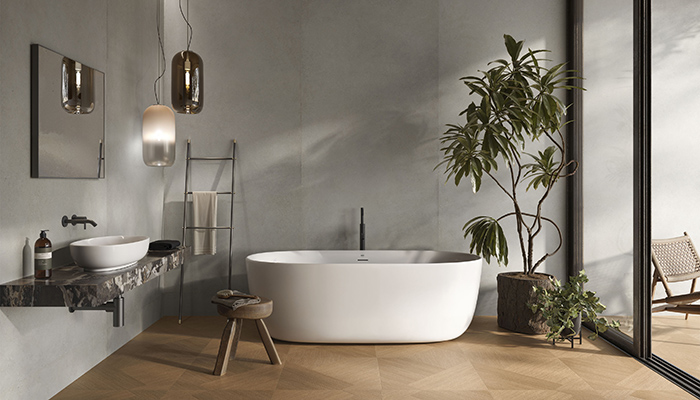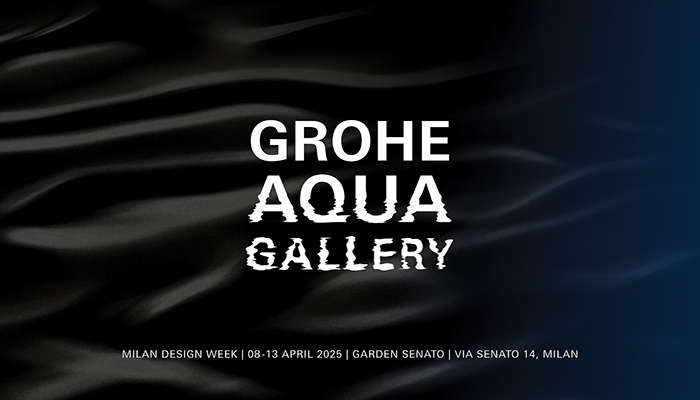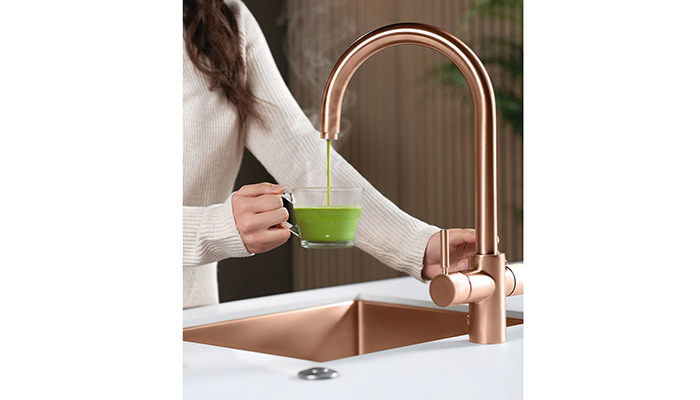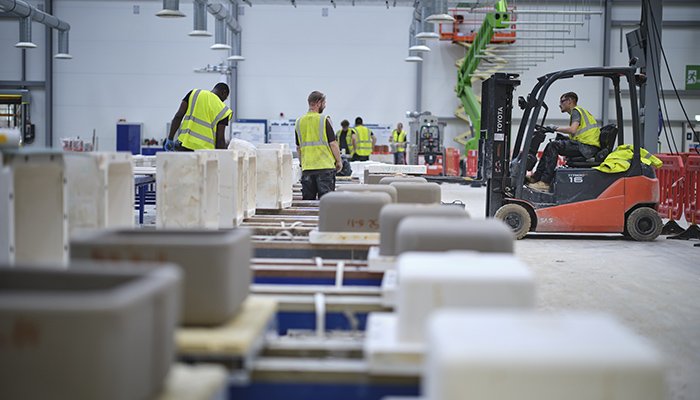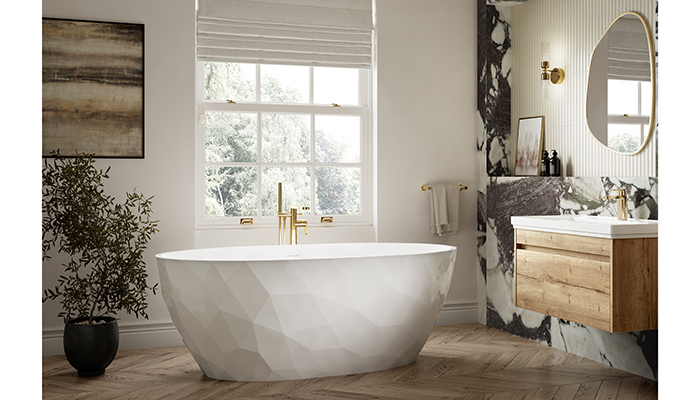Traditionally exclusive to only the wealthiest of customers, shower toilets have evolved as a category to offer entry-level options to those having a bathroom redesign – Sally Smith investigates.
The increase in demand for shower toilets is not only due to the impact of the pandemic, raising awareness of the importance of hygiene in the bathroom, but also a rise in multigenerational households looking for enhanced accessibility. The cost of these state-of-the-art shower toilets has historically been a prohibitive factor for some customers to upgrade from a standard toilet but there are now more entry-level shower toilets coming on the market.
"While high-end shower toilets with advanced technology and features may carry a substantial price tag, there are options available to suit various budgets," explains Lewis Neathey, leader, product management at Lixil EMENA & Grohe UK. "The availability of different models and options ensures that there are shower toilets on the market to accommodate various budgets and preferences, and advancements in the market seek to make advanced hygiene more affordable and accessible to a broader range of consumers."
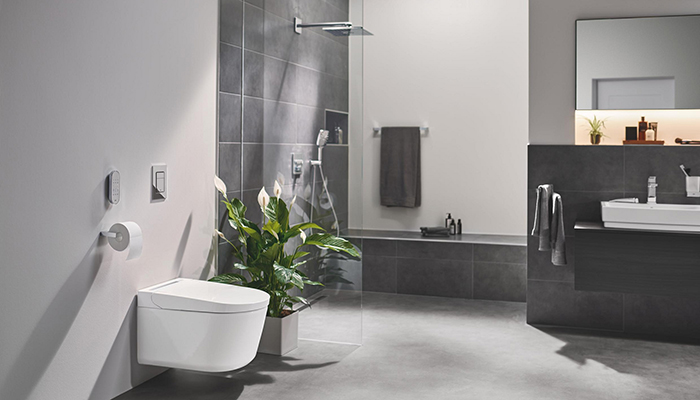
Pete Davis, national sales director for retail & trade at Geberit, says he has witnessed a change in consumer behaviour. "Shower toilets have always been considered a luxury, offering modern design, innovative technology and, most importantly, maximum comfort. However, over the past few years we have seen a greater demand for shower toilets due to an increased focus on hygiene and – combined with the rise in multi-generational living – there has been an increased requirement for hygienically optimised and accessible solutions in the bathroom."
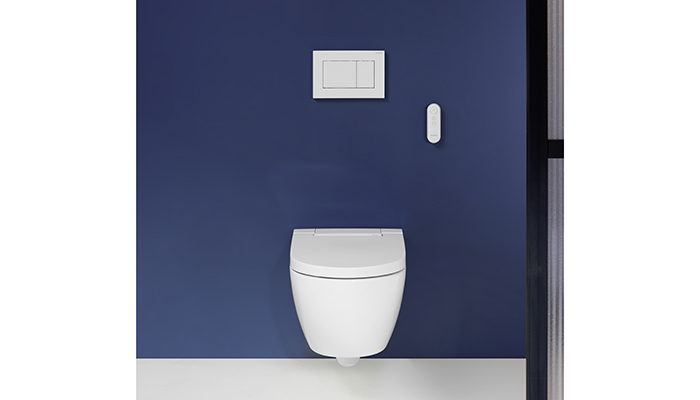
Davis adds: "We’ve recently unveiled the AquaClean Alba, an elegant, entry-level shower toilet designed to bring our hygiene and comfort features to a broader range of customers. Designed with user convenience in mind, it offers heated water for a comfortable cleansing experience and an automatic descaling program for hassle-free maintenance. It also includes a remote control with a wall bracket and integration with the Geberit Home app, allowing users to adjust the shower water temperature and spray arm position from their smartphone."
But for those customers without budget constraints, the numerous benefits that the latest models have to offer is undeniable, and the key driver for sales of the shower toilet will always be the enhanced hygiene functionality these offer over a standard model.
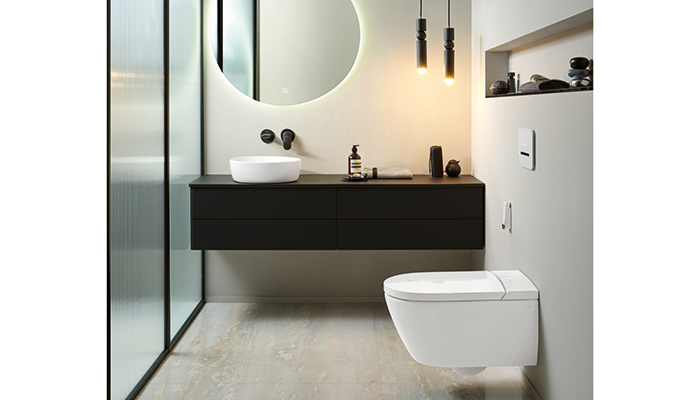
Lukas Staretzek, specialist product management ViClean Dusch-WCs at Villeroy & Boch, says: "Shower toilets are gaining focus among consumers due to their hygiene and comfort benefits. In addition, the adaption of using a remote control or an app is getting higher due to technical innovation. With the ViClean-I 200, we are expanding our range of shower toilets. The new model is based on the ViClean-I 100 but in addition offers useful comfort features such as the dryer function ComfortDry, thanks to which you don’t need paper anymore."
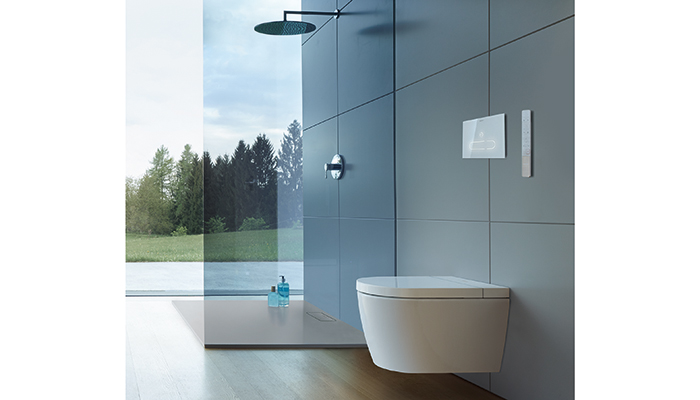
Martin Carroll, MD for Duravit UK, says: "Design and hygiene are high on the consumer's wish list and our SensoWash product range offers the full extent of technology that comes with the more advanced shower toilets. The Sensowash Slim, is an ideal product for those who want a basic uncomplicated shower toilet; whilst the SensoWash D-Neo offers a cleaner design with more features at an attractive price point. The Lite and Plus models can work via a remote control or an app, the Plus includes Odour extraction, sensor flushing, night light and heated seats."
The number of providers of shower toilets has increased in recent years with more models coming onto the market, and the result is that there are products out there to cater for the discerning consumer, however big or small their budget might be.
